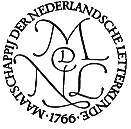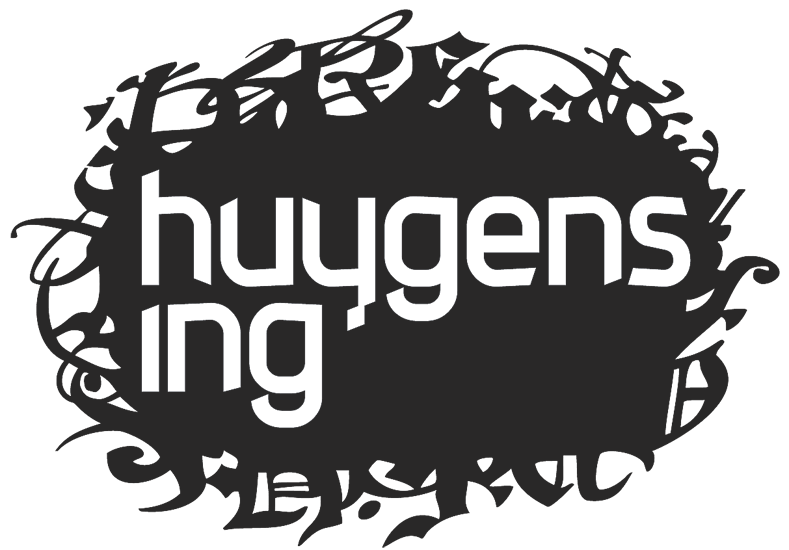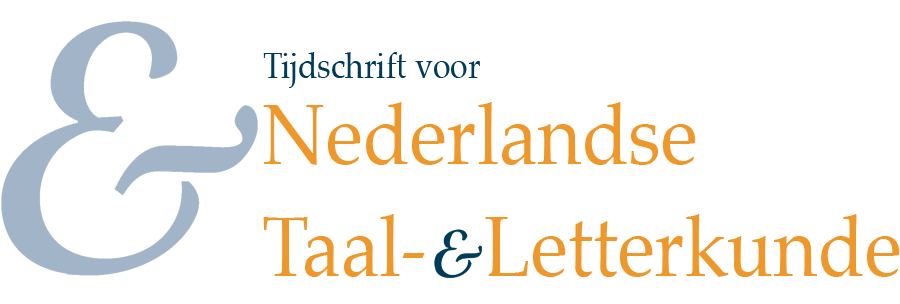Inhoudsopgave
Artikelen
| Shadow Histories. Transculturation and Narrative in Afrikaans | |
| Hanneke Stuit | 267-275 |
| Histories of the Everyday. Domestic Workers in the South African Literary Archive | |
| Ena Jansen | 276-288 |
| ‘They Couldn’t Achieve their Goal with Me’. Telling Rape During the South African War | |
| Antjie Krog | 289-304 |
| The Epic and the Anti-epic. Mythmaking in South Africa’s Number Gangs | |
| Tertius Kapp | 305-322 |
| Translating Transition. The politics of Nostalgia and Provincialization in Antjie Krog’s 'A Change of Tongue and Begging to Be Black' | |
| Ksenia Robbe | 323-338 |
| The Bastardisation of History. Mythology and Transculturation in Tertius Kapp’s 'Rooiland' | |
| Hanneke Stuit | 339-352 |
| Writing Dead Ends. Notes on Breyten Breytenbach’s Open Letters to Nelson Mandela | |
| Alwyn Roux, Elizabeth Louise Nortjé | 353-364 |
Boekbeoordelingen
| Opkomst en bloei van het Friese nationalisme, 1740-1875 | |
| Goffe Jensma | I-II |
| Handbuch Niederländisch. Sprache und Sprachkultur von den Anfängen bis 1800 | |
| Ute K. Boonen | III-IV |
| Literaire Fancultuur in Nederland | |
| Nicky van Es | V-VII |
| De Mulisch Mythe. Harry Mulisch: schrijver, intellectueel, icoon | |
| Sarah Beeks | VIII-IX |



© Tijdschrift voor Nederlandse Taal- en Letterkunde | ISSN (print): 0040-7550 | eISSN (online): 2212-0521
